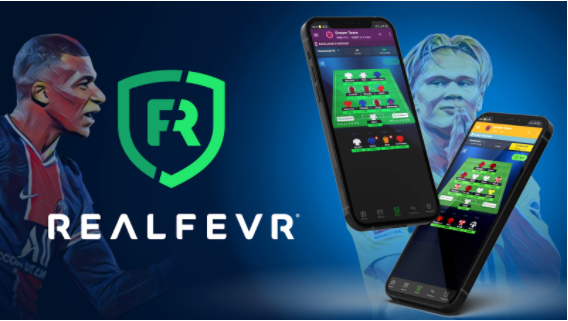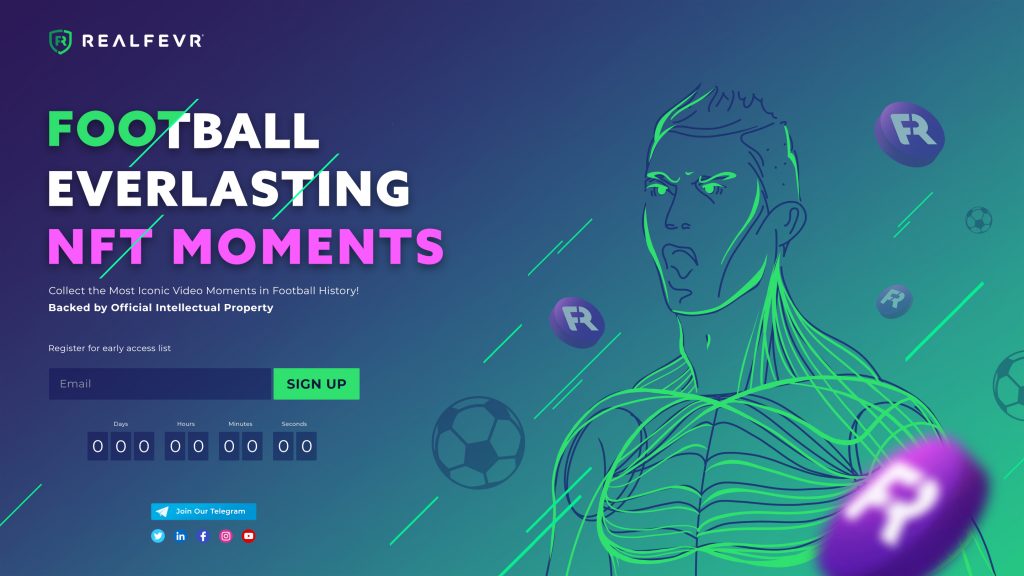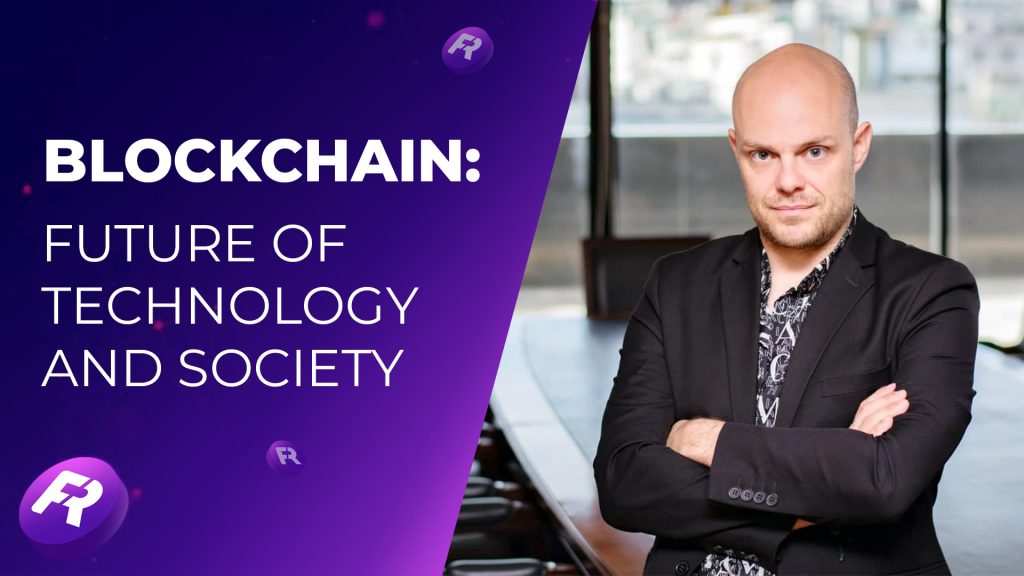Blockchain: The Future Of Technology And Society
July 7, 2021
Fred Antunes of RealFevr takes you through his thoughts on why blockchain will change society as we head into the future.
About the privilege of witnessing a social transformation in our time, it would be natural to mention the pleasure and enthusiasm of choosing to be part of it.
My first “computer” was a Timex 2048. It was 1991. The first time I had internet was in 1996. The world started to change and the place-time we were used to, changed.
More than a digital; social; political or economic transformation, the fact is that the real transformation was on the rate humanity began to assimilate knowledge; to discover and break barriers; ultimately, innovation has gone from being secular or decades-long to adapting to monthly or even daily realities.
“Today, we call Blockchain the data structure that allows us to choose.”
However, higher values, which until 2008 were forgotten (or numb) had not been activated (or awaken). I speak of justice, truth and, in the ultimate limit, honour. It is in 2008 that Satoshi Nakamoto publishes the Bitcoin protocol, the first proposal in the history of mankind where the assumption is simple and clear: a decentralized network with no possibility of human interference that preserves the supreme assumption of truth.
It was controversial. It even seemed like it was going to fail. Today, we call Blockchain the data structure that allows us to choose. Make a choice.
To the reader who is currently reading this text, the immediate question that must be asked is what kind of social treaty he intends to carry out in order to co-exist in all the relationships he has with others:
a) The social treaty which after the rules are defined allows human interference to alter, erase, reformulate; unilaterally corrupt the process.
b) The social treaty that, once the rules have been defined, does not allow any interference and delegates to machines what man, throughout history, has proven to be incapable of managing: placing general interests above personal interests.

If your answer was a), this text is not for you. You have, although, my respect. Perhaps, if your answer was b), it is exciting to understand the practical applications of this technology which we call blockchain.
Today, specifically in sports, the effort of all institutions, without exception, is clearly the defence of sporting truth. The honour I referred to at the beginning of the text. Basically, to find the fairest possible winner, the one who most deserved to win. The theme is controversial, even quite subjective, but in the end the calculated result objectively defines the solution. In football, who has scored the most goals; in athletics who has run faster or jumped higher; etc.
In the case of Football, there were several technologies recently implemented: the video referee or goal-line technology, for example.
“Blockchain technology highlights the value, creates an objective matrix, and allows all intermediaries (if they exist) to be absolutely protected in commissions and agreements that are part of them.”
And off the field? Is there space for the innovation of sports truth to be transported to all processes adjacent to the sporting phenomenon? Without a doubt, yes, and this is exactly where Blockchain technology will revolutionize existing models starting with the transparency of business models.
a) Exploitation of sports rights and revenue sharing. Blockchain technology removes the need for intermediaries, adds transparency, makes the entire distribution of value instantaneous and provides a powerful and immutable possibility of auditing.
b) Athlete transfers. Blockchain technology highlights the value, creates an objective matrix, and allows all intermediaries (if they exist) to be absolutely protected in commissions and agreements that are part of them.
c) Creation of new sources of income. Blockchain technology allows for a global coverage of content distribution, consequently reaching a substantially wider audience and activating even those who until now could not access such reality.
d) Transformation of sport into art and the athlete into an artist. Probably the most complex but at the same time the most attractive, perhaps the most profitable. The digital world is today built on macro pillars but increasingly an infinite plan of micro pillars. Micro-communities today define the massive involvement of millions of fans (synthetically, people) and what we should focus on.

I declare that I am a strong supporter of the free market economy. And it is in the fusion between the passion and emotions of fans and the functioning of an open business model that value is consistently generated, in short, medium, and long term.
That is why I introduce the concept that the reader must forever memorize: crypto economics. If blockchain is technology, crypto economy is its most unique and prominent product.
The crypto economy represents, until the date which this text is written, 1.5 billion dollars. In addition to being highly liquid, it is mostly powered by digital natives. Those for whom the traditional world represents little or nothing, but it is in the digital world that they find, in addition to many other things, their greatest source of happiness.
You can hear Fred speaking live at our Blockchain and NFT eMasterclass taking place on Tuesday, July 20th between 2-5pm – click here to register interest.
It is the pursuit of happiness that encourages consumption. It is consumption that brings turnover.It is turnover that enables economic growth. It is economic growth that promotes the generation of wealth. Naivety or radicalism aside, wealth is globally recognized as the most direct form of happiness.
“Innovation does not fit everyone. But it is up to all those who were brave enough to do what has not yet been done, or at least to accompany those who have little or no fear.”
That said, it is up to the reader to look for a balance between innovation, knowledge, and business. For such, I appeal to thinking outside the box and, above all, to constant courage. Innovation does not fit everyone. But it is up to all those who were brave enough to do what has not yet been done, or at least to accompany those who have little or no fear.
I finish by saying: every time we hesitate or let time go ahead without taking action, thousands of digital minds, globally distributed, will arrive first and will discover how to do what the reader even considered doing but did not act on it. Always count on me to act. Even without knowing everything, I will.
Fred Antunes, Dreamshaper (CEO) at RealFevr

